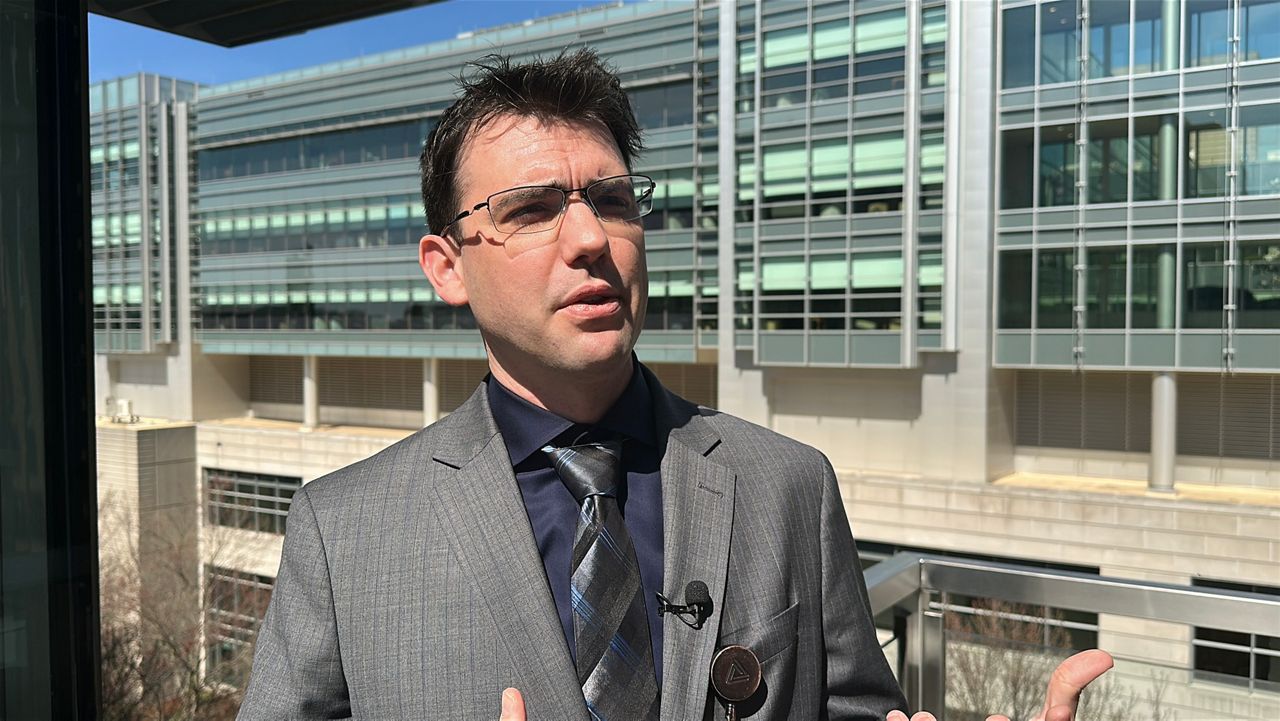RALEIGH, N.C. – As the world continues its fight against COVID-19, the number of people battling eating disorders continues to rise.
Spectrum News 1 reached out to the National Eating Disorder Association and learned its hotline has seen a 107% increase in calls during the pandemic. And a study found a 25% increase in hospitalizations related to eating disorders among kids and teens ages 12 to 18.
Dr. Laura Thornton specializes in eating disorder research and treatment at UNC Health; she discussed some signs and symptoms of an eating disorder.
“Very often eating disorders remain hidden for a while,” Thornton explained. “But there are certain things that people can start looking out for if they suspect an eating disorder in their loved one.”
Some of those signs include:
- Great preoccupation with body weight and shape
- Preoccupation with food by counting carbs and fat, not wanting to eat around others, skipping meals, trying multiple diets, or having food rituals
- Weigh fluctuations
- Frequent trips to the bathroom, especially after meals
- Food hoarding
- Excessive exercise
- Indication that large amounts of food are being eaten
If you notice some of those signs in a loved one, Thornton recommends you listen and express your concern for their health.
“You should model healthful eating and body respect,” Thornton said. “So, make that a priority in yourself.”“You should model healthful eating and body respect,” Thornton said. “So, make that a priority in yourself.”
She also says you should avoid conversations about food, calories, dieting, weight and physical appearance.
If you move forward with that conversation, she says you should have resources on hand for where they can go to get help.
When it comes to social media, Thornton says it’s not all bad.
“Sometimes they do have great resources,” Thornton said. “It’s not just about the time you spend on social media but the extent to which your social media time is spent in social comparisons.”
For parents trying to mitigate exposure for children, she recommends:
- Promote media literacy and critical thinking
- Reduce screen time
- Monitor what children are looking at
- Co-view and see their interests
- Watch out for cyber bullying
- Communicate and ask questions
If you are in a crisis and need help immediately, you can text “NEDA” to 741741 at any time to connect with a trained volunteer at its Crisis Text Line.









